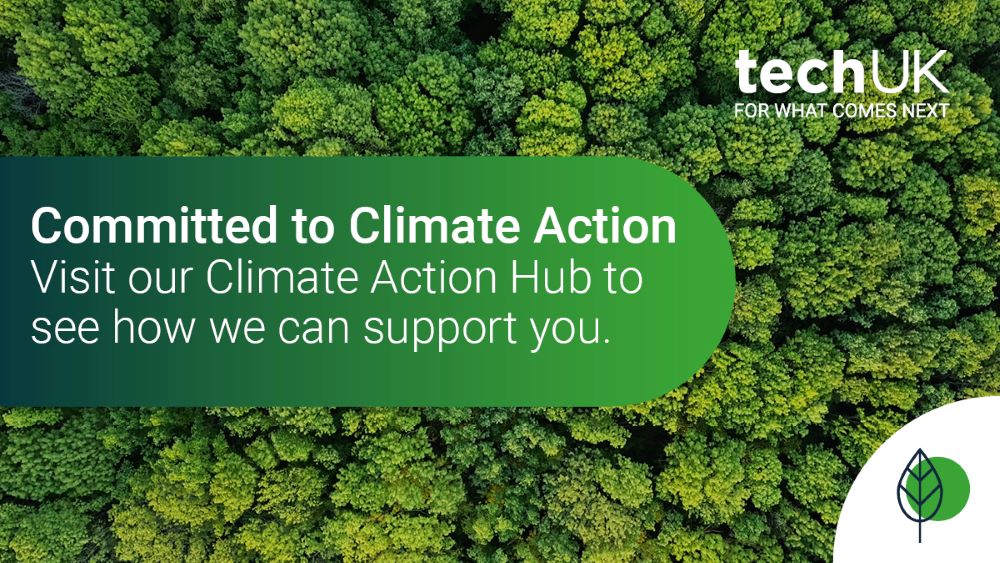Reflections from the 2023 Tech Against Trafficking Summit
The Tech Against Trafficking initiative was set up by industry in 2017 to look at how digital technology can be deployed to combat trafficking and goes from strength to strength with the accelerator that is driving real change.
So what was discussed?
The conference looked primarily at forced labour with panels on data interoperability and the need for consistency in the way data is managed and shared, a real challenge when dealing with countries with different IT and digital capabilities, privacy laws, attitudes to government and budgets. Speaking on this subject, delegates tried to balance the need for anonymised and trusted data with the need for NGOs, social workers and law enforcement to be able to leverage the data to combat trafficking.
Discussion turned to the use of digital tools to facilitate exploitation, and delegates were forthcoming on the issues presented by social media platforms and off the shelf tools that can be used by traffickers, for example with recruitment scams, false ads and grooming potential victims. Companies have long recognised this issue, but it’s a growing challenge and there needs to be more collaboration between industry, governments and law enforcement to turn the tables and support victims.
In a later session companies discussed the latest developments on supply chain transparency through an operational lens, sharing best practice and looking at new ways to improve supply chain transparency. With new rules on the horizon and the post-Covid and inflation crisis upending established supply chains, using tech to shine a light on the risks has never been so important, and it was illuminating to learn just how interconected and diverse the changing risk environment is for tech firms.
There was also a lot of discussion on regulation. Governments are legislating on supply chain due diligence laws and modern slavery prevention, but not in a coherent way. Coupled with voluntary standards and the ‘soft law’ approach of international bodies/conventions (such as the OECD and UN Guiding Principles), firms are being pulled in different directions. The sheer complexity of being able to logically and efficiently navigate 50 set of rules that are worded slightly differently was a clear frustration expressed by participants and really does divert focus from what should be a unified mission – eradicating forced labour.
For the technologists in the room there were excellent presentations from the latest Tech Against Trafficking cohort. The accelerator supports NGOs and companies in leveraging tech, and seeing how anonymised data can shed new insights on where, when and to whom trafficking was taking place. This collaboration between civil society and tech firms has been a hallmark of success for the initiative and the need to work ever more closely came through all the sessions.
Lastly and perhaps most importantly was the dominant theme of ‘survivor voice’. It can’t have escaped anyone who works in tech policy’s attention that there’s a lot of focus on making sure tech is developed in an inclusive and sensitive way to reduce harm, and a real focus of this summit was on getting the survivor perspective form the start of the development process. At one end this means ensuring fair access to tech and enabling the capability to use it (whether that be an internet connection, apps worded in local langaugaes or providing consumer devices), but from a tech sector perspective it goes into the design of tech. For example a tech tool that on paper could really help track and protect victims of forced labour could easily mirror the behaviours of the trafficker and therefore cause harm and distress for the victim, and undermine the intention of the tool to do good.
Overall it was an excellent event and is always good to catch up with colleagues from across the world with a shared goal of using digital tech and innovation to address a known and growing issue. Any tech firm is welcome to join Tech Against Trafficking and more info is here.
Members interested in our work on supply chain transparency, modern slavery and counter trafficking should join the techUK Responsible Business Conduct Group.
techUK - Committed to Climate Action
Visit our Climate Action Hub to learn more or to register for regular updates.
By 2030, digital technology can cut global emissions by 15%. Cloud computing, 5G, AI and IoT have the potential to support dramatic reductions in carbon emissions in sectors such as transport, agriculture, and manufacturing. techUK is working to foster the right policy framework and leadership so we can all play our part. For more information on how techUK can support you, please visit our Climate Action Hub and click ‘contact us’.
Climate, Environment and Sustainability updates
Sign-up to get the latest updates and opportunities from our Climate, Environment and Sustainability programme.
Upcoming climate events

Contact the team










